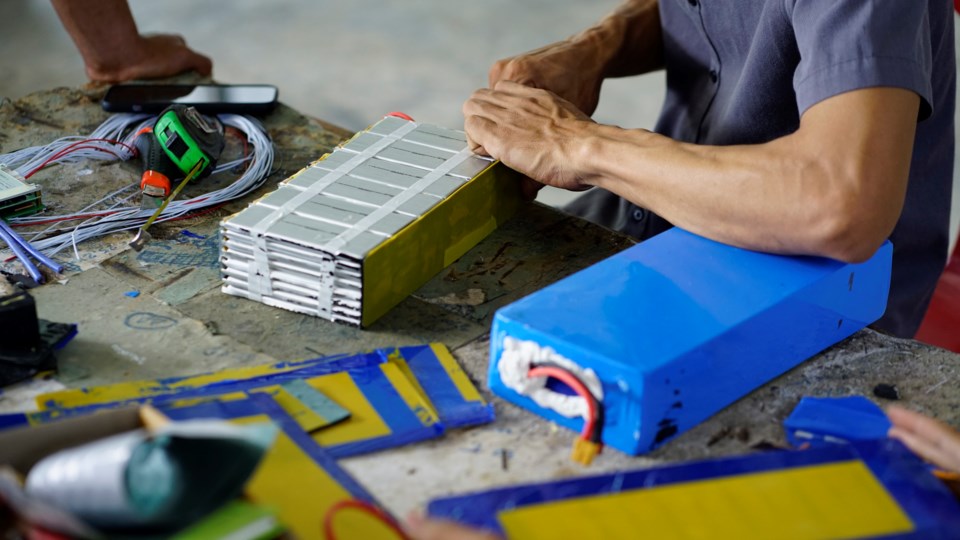Electra Battery Materials (NASDAQ: ELBM; TSX.V: ELBM) successfully recovered lithium, in its black mass recycling trial, conducted at its refinery north of Toronto.
Lithium is a critical mineral needed for the electric vehicle (EV) battery supply chain. Black mass is the term used to describe the material remaining once expired lithium-ion batteries are shredded and all casings removed.
Black mass contains high-value elements, including lithium, nickel, cobalt, manganese, copper, and graphite, that once recovered, can be recycled to produce new lithium-ion batteries. According to data from McKinsey & Company, available battery material for recycling is expected to grow by 20% per year, through 2040.
Electra launched its black mass demonstration plant at the end of December 2022 and has processed material in a batch mode, successfully extracting lithium, nickel, cobalt, manganese, copper, and graphite. Electra says the recovery and subsequent production of a technical-grade lithium carbonate at the plant validates the company’s proprietary hydrometallurgical process and efforts to date in commissioning the refinery complex.
As a result of preliminary results achieved to date and interest expressed by potential commercial partners, Electra has decided to extend its black mass processing and recovery activities through June 2023, beyond the company’s initial target of 75 tonnes.
“Recovering lithium from black mass represents a potential game changer for Electra and the North American EV supply chain,” said Trent Mell, CEO of Electra.
“From Electra’s perspective, it considerably strengthens the economics of our battery recycling strategy by providing another high-value product we can sell,” Mell said.



